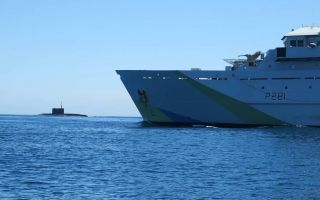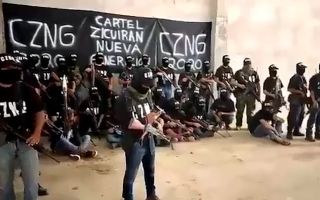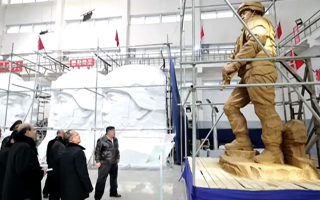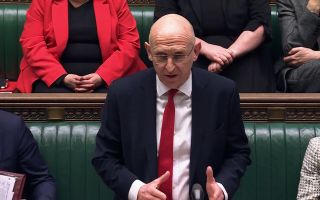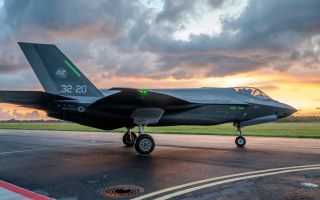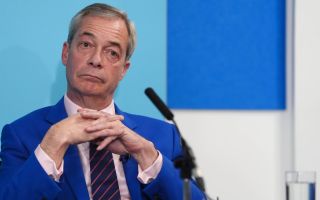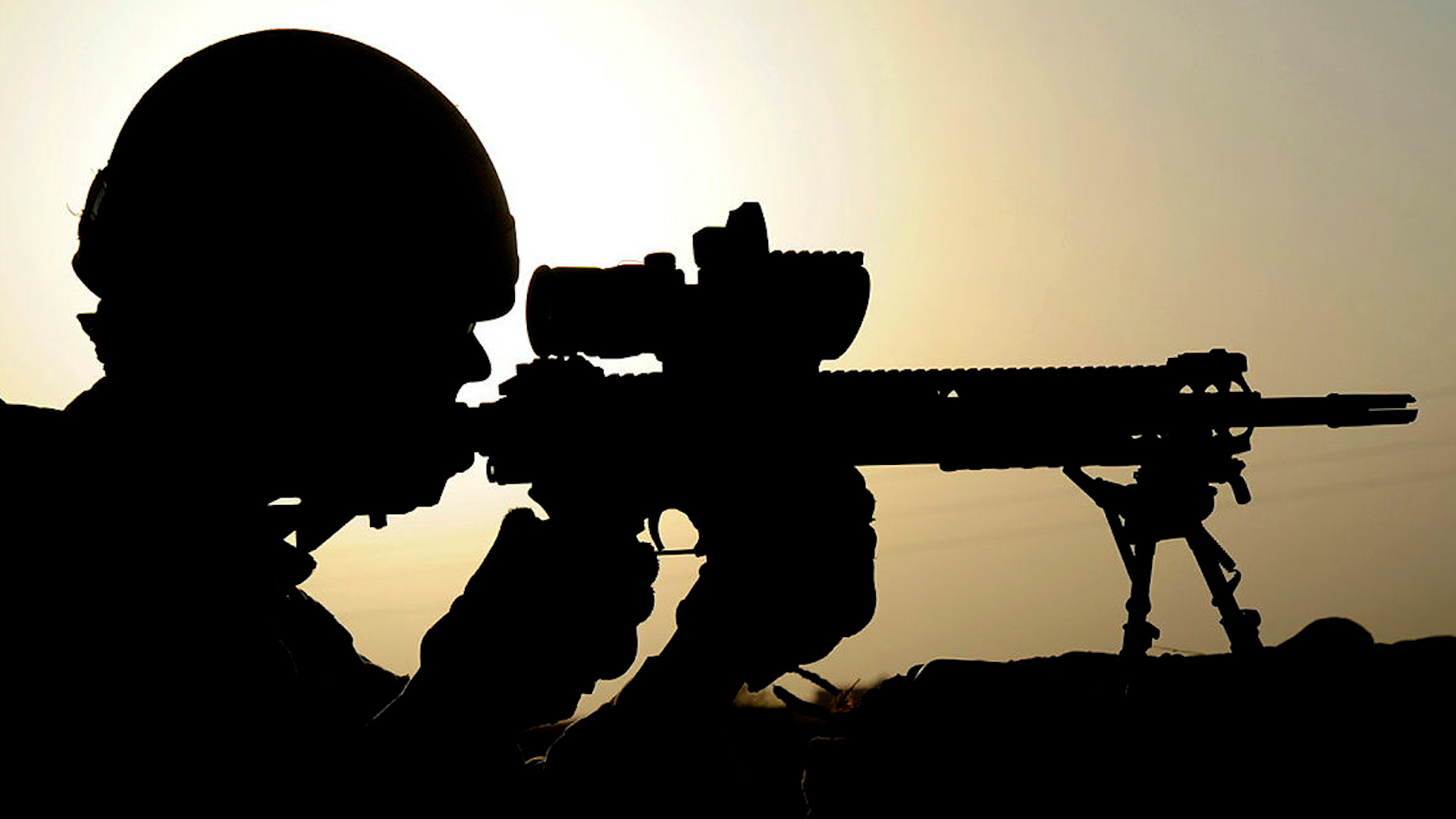
Afghanistan inquiry hears claims SAS had 'golden pass to get away with murder'

A member of UK special forces who reported the alleged "flat-packing" murders of civilians in Afghanistan has told an inquiry they fear they will be branded a traitor for coming forward.
The Afghanistan Inquiry has held a series of closed hearings in which members of special forces have given evidence about the alleged murders in the country between 2010 and 2013.
It comes as the former defence secretary who commissioned the Afghanistan Inquiry, Ben Wallace, says special forces must "live within the rule of law" after the inquiry heard claims they have a "golden pass… to get away with murder".
One of the witnesses, known to the inquiry only as N1799, told them he had participated in training with someone from the accused unit, UKSF1, where they had spoken about what happened on operations, and described the alleged killings as "flat packing".
N1799 said he feared for his personal wellbeing when he reported the allegations, adding: "I still do now."
He also said in the evidence that "all fighting age males are killed' on target, regardless of the threat they posed, and this included those not holding weapons.
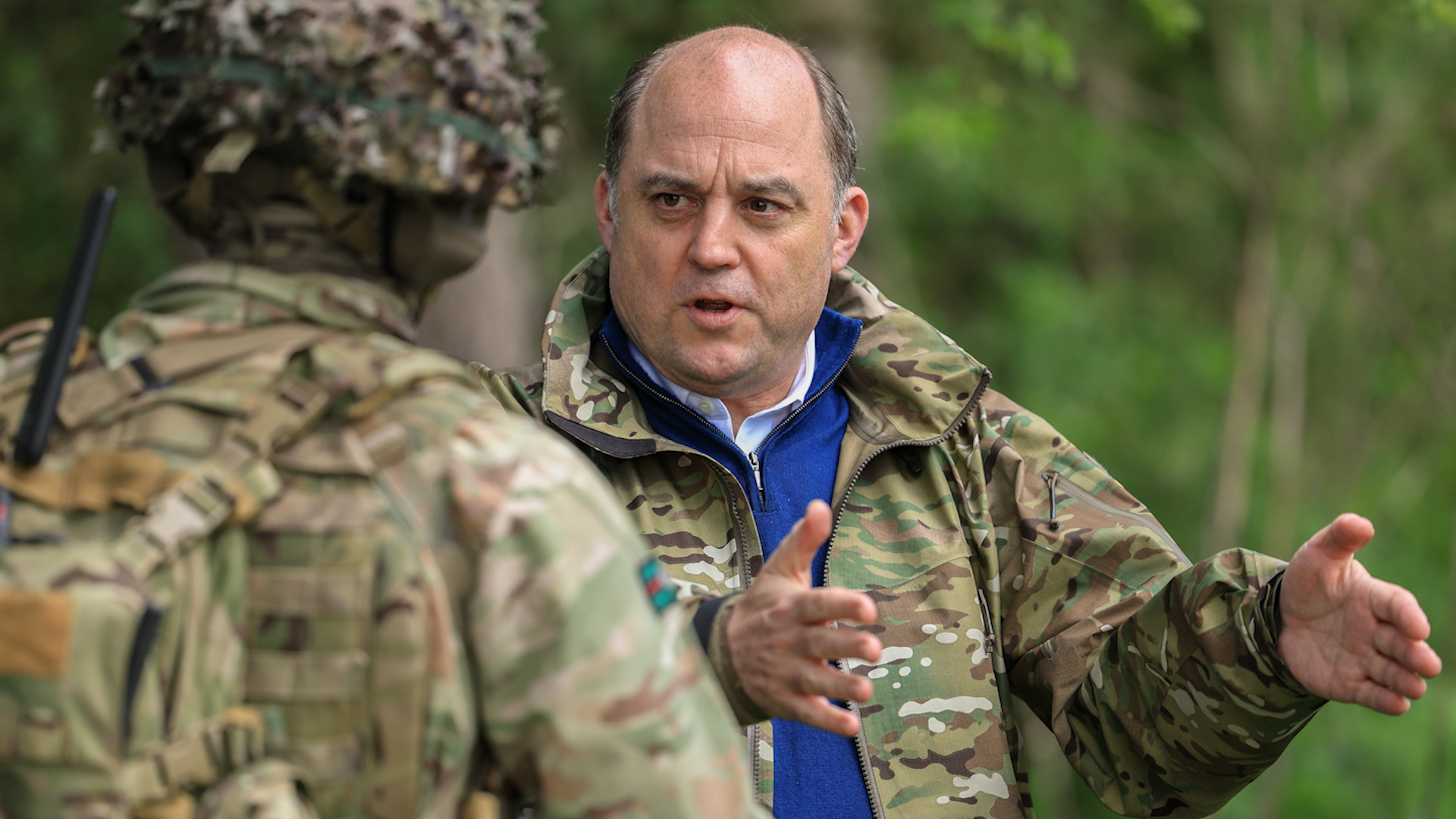
"It was also indicated that 'fighting age males' were being executed on target, inside compounds, using a variety of methods after they had been restrained," he outlined.
"In one case, it was mentioned a pillow was put over the head of an individual before being killed with a pistol."
He also told the inquiry that he was aware of rumours of UKSF carrying "dropped weapons" – which were weapons allegedly placed next to targets to give the impression they were armed when they were shot.
In another bout of evidence, another individual referred to only as N2349 said Afghans were sent back into buildings to "pull curtains back", with them then emerging "armed with a rifle and/or grenades following which the male was killed".
N2349 then said he was sceptical as this was not a procedure he was "familiar with" from his service in Afghanistan as a commander with UKSF.
They also said "the apparent repeated desire of insurgents to carry out attacks that must result in their death for no end was different from my experience on targets in Afghanistan".
N2349 said "it seemed to be quite unlikely that this same scenario would recur on several occasions".
"Each additional time it did occur undermined its plausibility in my eyes," he said.
One of the documents released by the inquiry also included a question-and-answer session with an individual identified as N2107.
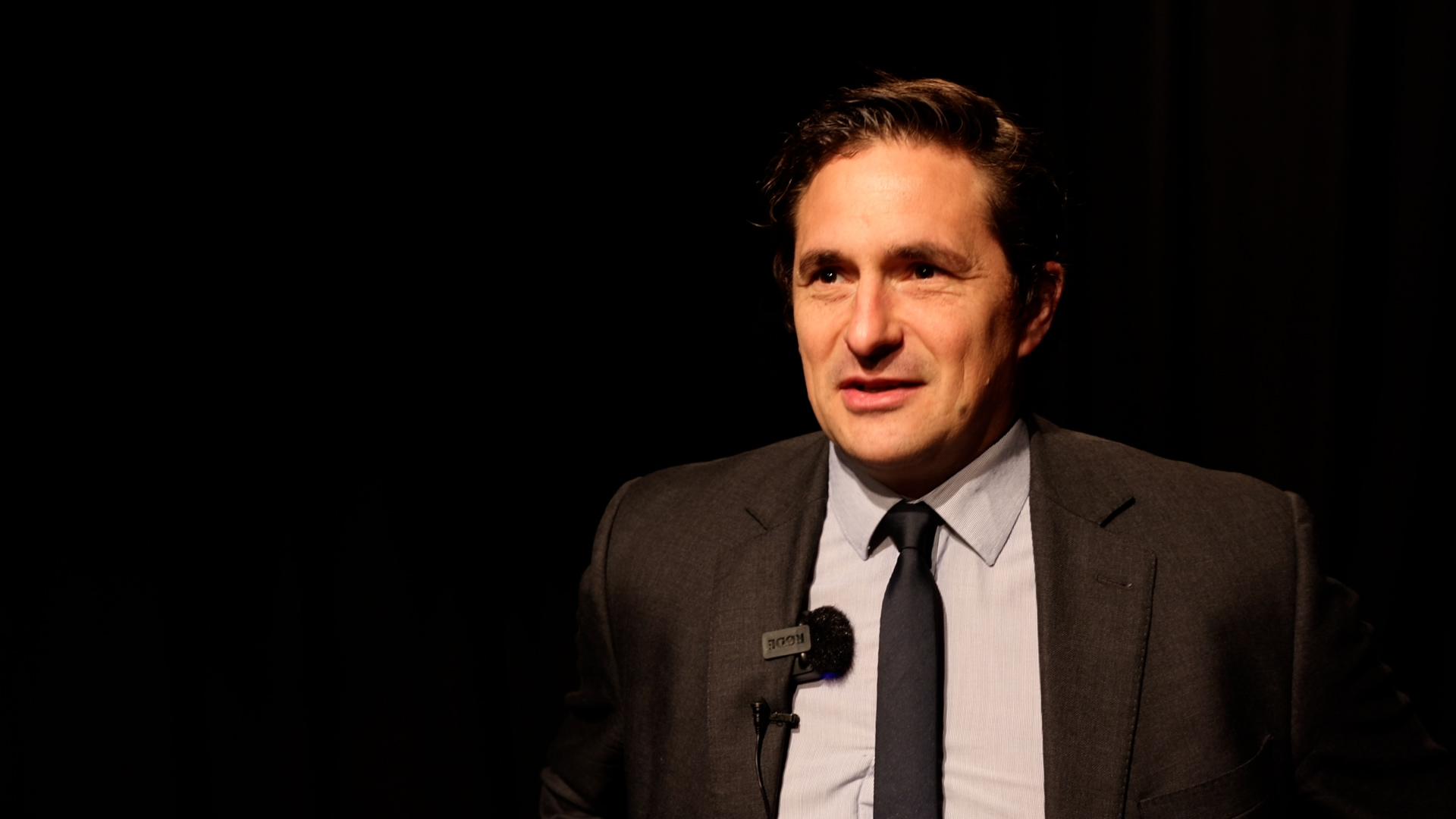
They were asked about an email which they signed off with: "Whilst murder and [UKSF1] have oft been regular bedfellows, this is beginning to look bone."
It was then confirmed that by "bone", they meant it was beginning to seem "very stupid".
Former defence secretary Ben Wallace commissioned the inquiry and told BBC Radio 4's Today programme it was "absolutely" essential the inquiry got definitive answers over whether murders took place in the war-torn nation between 2010 and 2013.
Asked if he believed the inquiry would be able to give definitive answers over whether murders took place, and whether it was essential for the reputation of the British Army that questions were answered, Sir Ben said: "It absolutely is.
"We have to get to the bottom of this, it's very important," he said.
"Let's not forget, our special forces personnel go where no one else can go, they do things in the highest environment of danger in order to protect this country and its citizens – they are exceptional people.
"But they must also live within the rule of law and make sure we set the right standards and show that we are better than our enemies.
"It's therefore very important that we get to the bottom of it – a public inquiry is the right place to do that."
A separate member of UKSF, who was involved in managing an Afghan Partner Unit (APU), said Afghan counterparts felt like they were being "treated like dogs" by UKSF1.
The MOD says previous investigations didn't find enough evidence for prosecutions.
The inquiry continues.

